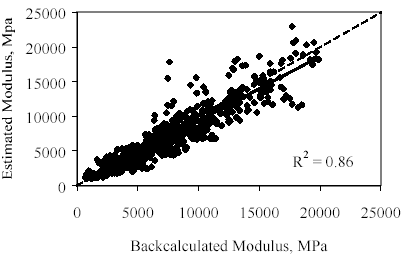



Poor quality construction can occur due to a number of complex and sometimes competing variables, reports the Texas DOT, including reduced inspection staffing, employee turnover, variability of inspectors’ and project managers’ experience levels, incompatibilities between new admixtures and construction materials, implementation of new technologies and construction methods, environmental constraints, recycled materials and other issues unforeseen during design and construction phases. “Capturing and disseminating corporate forensic pavement knowledge will help assure exceptional performance in this area in the future.”Īcknowledging that staff turnover and retirements were depleting the acquired engineering expertise of Texas DOT, the writers in 2005 outlined creation of a knowledge database of rigid (portland cement concrete), and later, in 2007, flexible (bituminous concrete) pavements, all accessible to Texas DOT employees via the Texas i-Way learning content management system. “Excellence in this technical area allows selection of proper and most cost-effective rehabilitation options, with potential monetary benefits to the department of millions of dollars annually,” they write. Robideau, Texas Transportation Institute, in their paper Development of a Rigid Pavement Forensics Knowledge Management System to Retain TxDOT Corporate Knowledge. “Forensic pavement analysis is a core function of every department of transportation,” say Paul E. In the lab or in the field, engineers examine pavement condition, cores or entire cut-out sections to ascertain what went wrong, and why. Whether the pavement is black or white, flexible or rigid, asphalt or concrete, pavement forensic testing is the key to preventing future pavement failures in either paving medium. Forensic Studies Give Clues to Pavement Failure


 0 kommentar(er)
0 kommentar(er)
